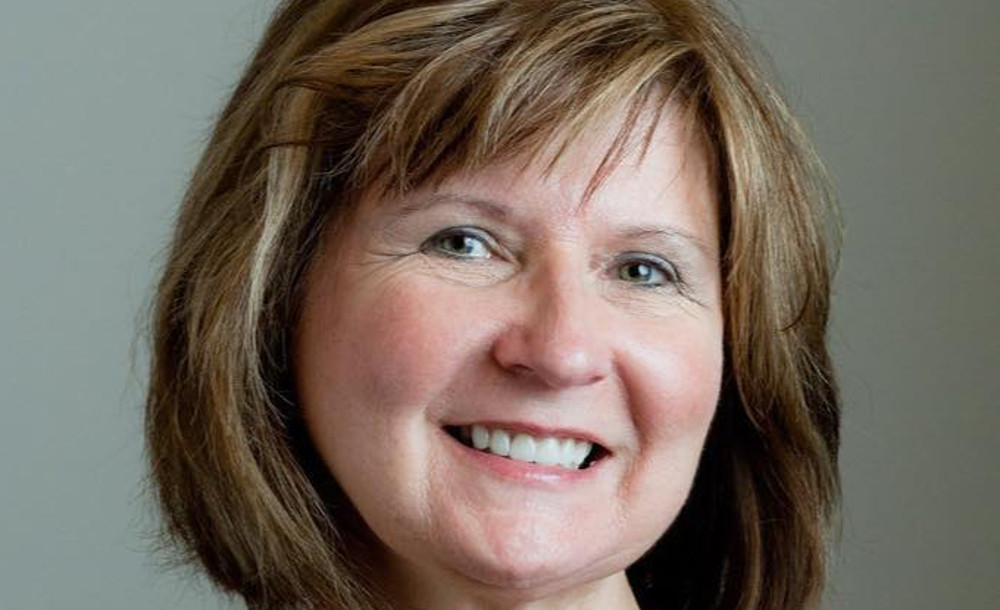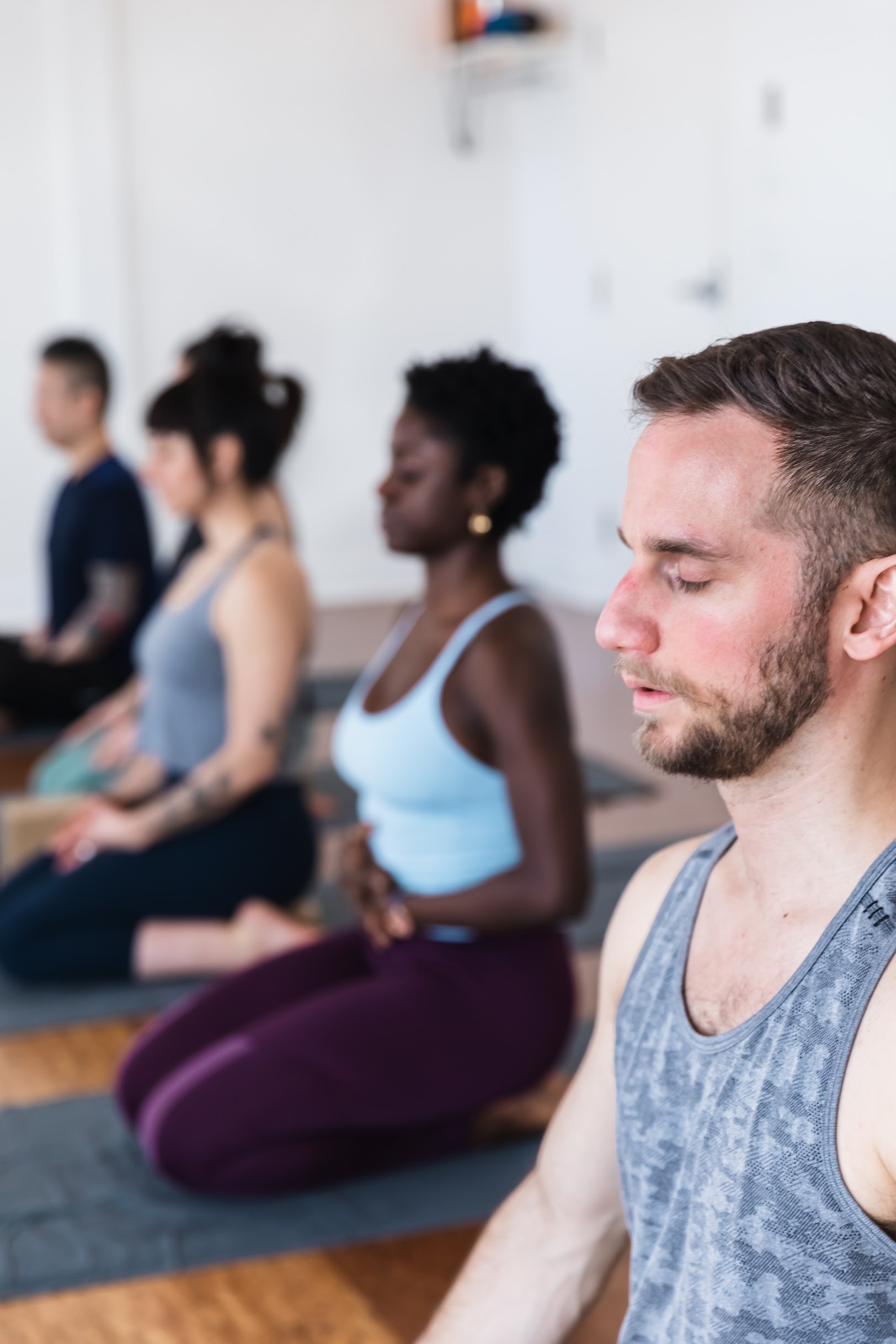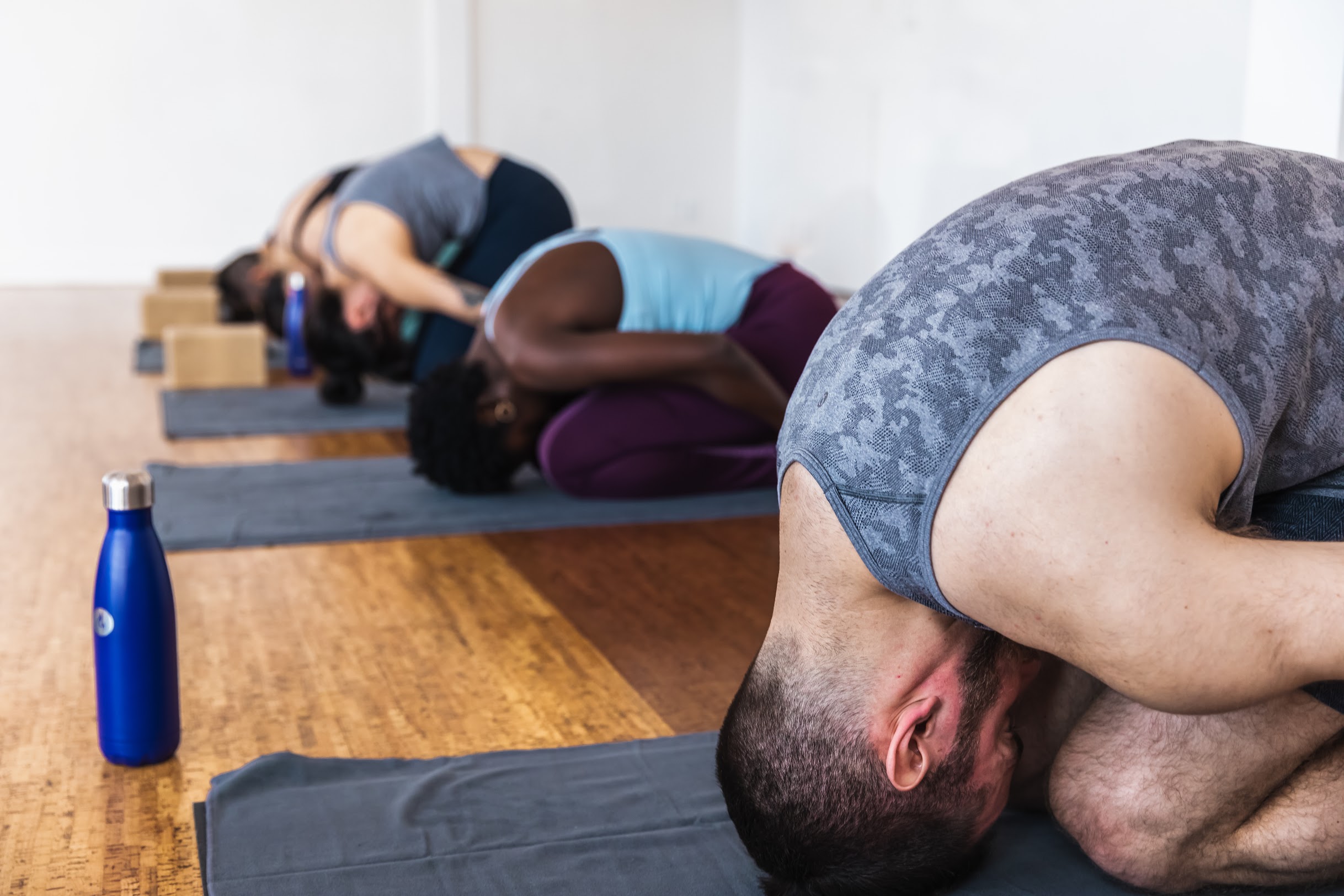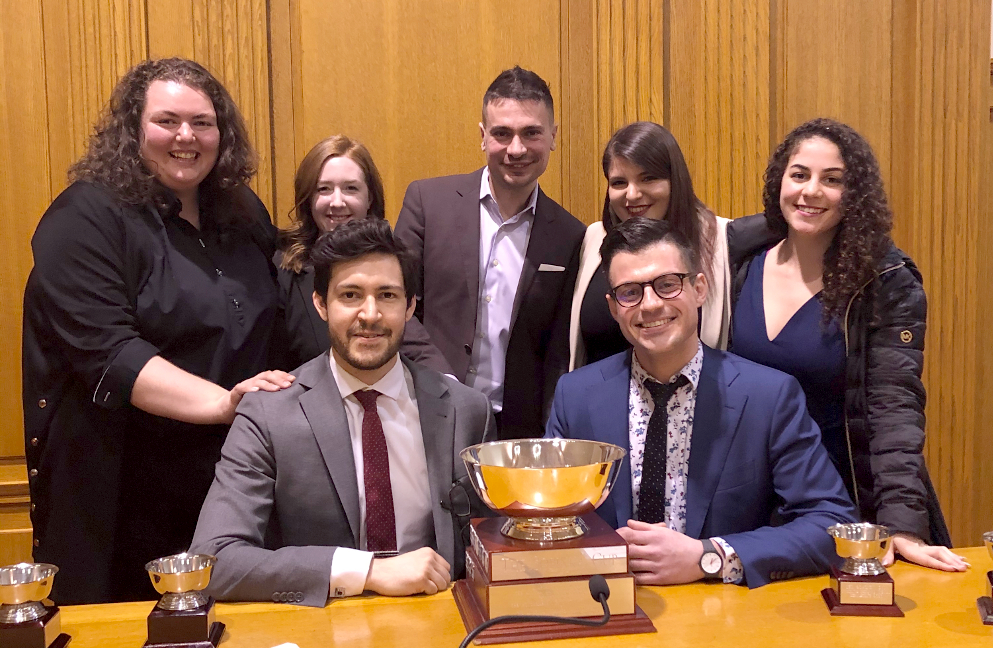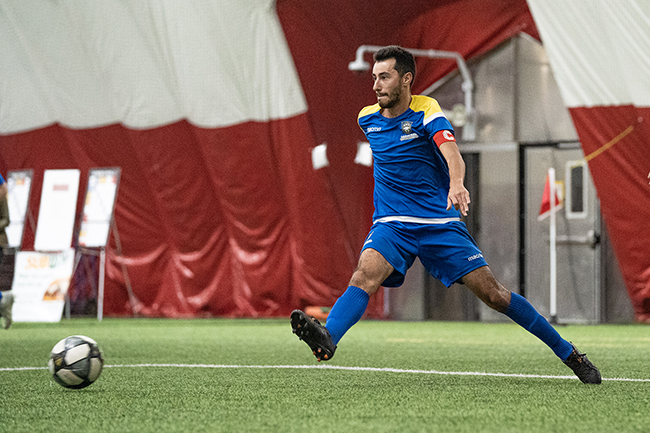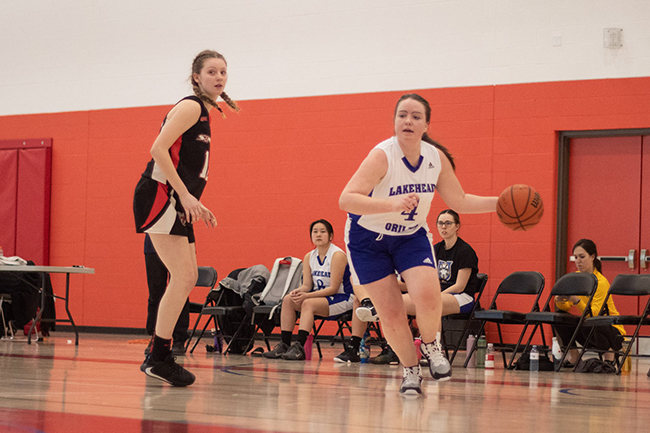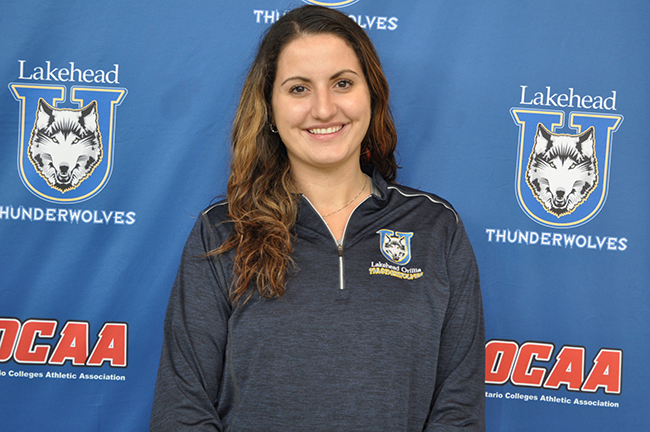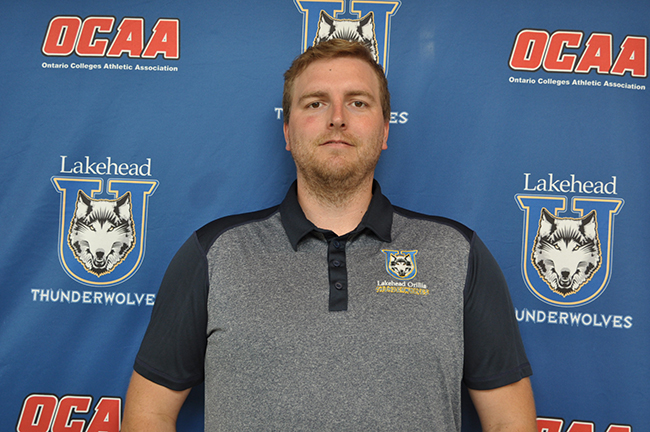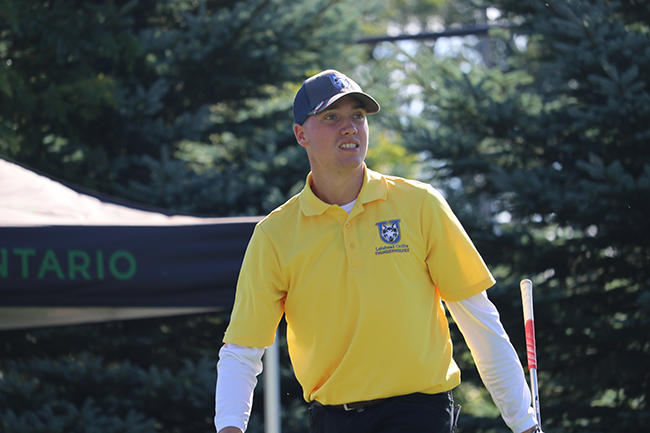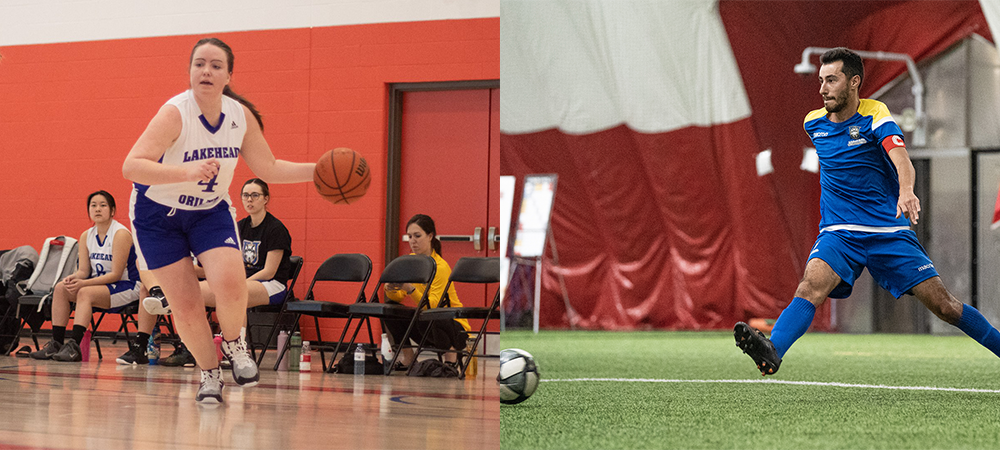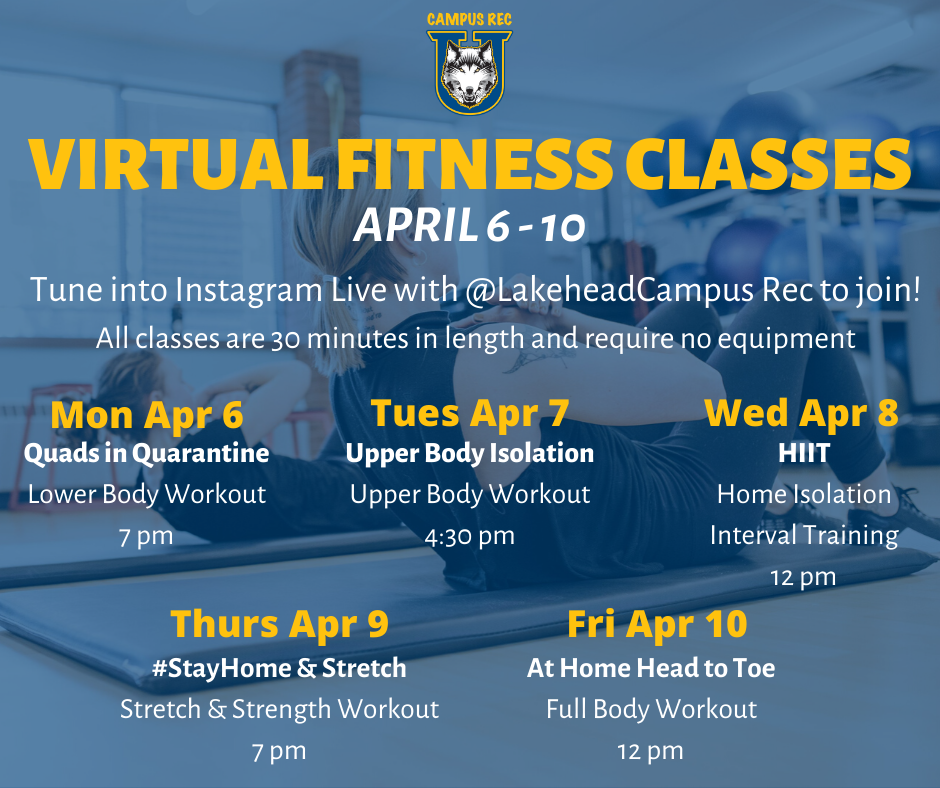March 31, 2020 – Thunder Bay, Ont.
Lakehead University’s Bora Laskin Faculty of Law placed first in the Sopinka Cup moot held recently in Ottawa.
This victory by Justis Danto-Clancy and Justin Blanco is in addition to success that Lakehead students have had at several other moots this year.
Congratulations must also go to the following students, for their hard work and dedication throughout the year.
Katrina Langevin and Rachel McLean competed in the Kawaskimhon Moot, and Katie Akey, Ryan Matson, Joe Ruan, and Kim Lennon competed in the Wilson Moot.
Brooklynne Eeuwes, Kristy Hansen, Jenna Sheikh and Megan Wood participated in the OTLA Cup. Eeuwes won awards for best cross-examination and best overall advocate. She was the only competitor to win two awards – this also marks the first time that Lakehead has won an award in this moot.
Daniel Cox, Lakshani Perera, Claire McCann, and Samantha Charlebois excelled in the Walsh Family Law Negotiation. McCann and Charlebois earned third in the competition out of 12 teams. Also, Cox placed second for best oral advocate overall.
Dr. Jula Hughes, Dean of the Bora Laskin Faculty of Law, said the students’ recent success in competitive moots demonstrates the “very high skill level” developed at the Bora Laskin Faculty of Law.
“Key practice competencies like effectively working together in teams, high functioning in stressful contexts and being able to respond to feedback with creativity and analytical precision are very important for the practice of law,” Hughes said.
“Winning the Sopinka shows that our students have these skills in spades.”
Amanda Gallo, coach of the Sopinka team, said she was happy for all Bora Laskin Faculty of Law students who recently participated in moots.
“I’m both incredibly excited and proud of our Sopinka Cup team,” she said.
“Our students represented the Bora Laskin Faculty of Law very well. It’s quite an accomplishment, for our students to have not only won the Sopinka Cup for the first time in the school’s history, but also to have won several individual awards as well.
“It demonstrates the way in which the Integrated Practice Curriculum at the Bora Laskin Faculty of Law sets our students apart as practice-ready advocates upon their graduation. I’m honoured to have been a part of the early stages of these students' careers and cannot wait to see what they will accomplish in the future,” Gallo said.
Danto-Clancy and Blanco knew exactly what their case was going to be about at the Sopinka Cup because they had won the regional competition based on the same facts to earn a place at Sopinka. All eight Sopinka Cup participant schools had won or placed well in their respective regional competitions based on the same case – defending or prosecuting Carl Benoit.
In Ottawa they competed against seven other teams from law schools across Canada at the Sopinka Cup, one of Canada’s most prestigious mooting competitions honouring the late Mr. Justice John Sopinka, Judge of the Supreme Court of Canada.
The pair from Lakehead had to successfully defend their fictional client, Benoit, a bar owner charged with causing an indignity to a body and first-degree murder. Benoit pleaded guilty to the first charge and not guilty to the second.
Having more than a month between the Arnup and Sopinka moots gave Danto-Clancy and Blanco time to refine their arguments, which they worked on every single day, often with teammates Kim Young, Ashlee Hudie, and Tamaira Muldoon-Davidson. They also met regularly with their coaches Gallo and Marco Frangione.
“We made some changes to our cross examinations, so they became more incisive and tighter,” Danto-Clancy said.
“We continued to develop our examinations so that they exposed more of the evidence we needed. We were always looking to tighten and find new links.
“My strategy for closing the trial was always intimately linked to the evidence that came out at trial; and Justin's opening address always analyzed the Crown's case, which closes right before our case begins. In that way our strategy was never the same trial-to-trial,” he said.
Trial advocacy is all about staying nimble and reacting to what happens right in front of you, Danto-Clancy said.
“We had been told that the national competition was all about razzle dazzle, memorized speeches, and moments of theatre – not so much about substantive trial advocacy,” he said.
“That's just not me and Justin, though. So, we stuck with our principled presentation of the case, we stuck with our unique brand of advocacy, and we stuck with trying to put together the best trial we could, based on all the uncertainty of the evidence before us. In the end, I think our approach showed that we are credible, diligent advocates.”
Blanco described how his cross examination was closely connected to Danto-Clancy's closing.
“The delivery of Justis’s closing was intimately linked to the evidence that came out at trial,” he said.
“Justis knew exactly what kind of evidence I was seeking to elicit from the witness and would begin drafting his closing argument right there in the courtroom. He also needed to know how we were going to change our theory of the case if the evidence did not come out as expected. Our strategy was to be adaptive and flexible.
“Another important feature of our refinement process was the feedback from our coaches. Oftentimes, we forget how our delivery will sound to an audience hearing it for the first time. Our coaches were able to tune in to whether a particular line of questioning or argumentation was really hitting, and we were able to adjust accordingly,” Blanco said.
Danto-Clancy thanked everyone who helped the team along the way. He said they would not have placed first without the help of their coaches, professors and fellow students.
“We had the chance to represent the practical, small-class, Northern-specific curriculum that the school offers. No doubt every practical exercise that I've completed in the course of my degree so far helped me prepare for this competition.
“That said, the community of students was instrumental to our preparation. We drew on student-volunteer witnesses at our practice trials. We relied on our teammates to help us refine our theory and tactics. We were lucky to have the support of our alumni community as coaches and advisors,” he said, adding that representing Lakehead felt amazing.
“It was an honour to bring national attention to our unique way of approaching legal education,” Danto-Clancy said.
Blanco agreed, stating that one of the Bora Laskin Faculty of Law’s strengths is its tight-knit community of students.
“Everyone conducts themselves as if they have a stake in the success of the school,” he said.
“We had no problem getting students to come to our trial practices during their own free time to play the role of different witnesses even though it requires many hours of preparation. The community and atmosphere at the Bora Laskin Faculty of Law encourages that kind of volunteerism.”
Danto-Clancy and Blanco also won three individual awards, including best overall advocate, best direct examination, and best cross-examination.
– 30 –
Media: For more information or interviews, please contact Brandon Walker, Media, Communications and Marketing Associate, at mediarelations@lakeheadu.ca.
Lakehead University is a fully comprehensive university with approximately 9,700 full-time equivalent students and over 2,000 faculty and staff at two campuses in Orillia and Thunder Bay, Ontario. Lakehead has 10 faculties, including Business Administration, Education, Engineering, Graduate Studies, Health & Behavioural Sciences, Law, Natural Resources Management, the Northern Ontario School of Medicine, Science & Environmental Studies, and Social Sciences & Humanities. In 2019, Maclean’s 2020 University Rankings, once again, included Lakehead University among Canada’s Top 10 primarily undergraduate universities, while Research Infosource named Lakehead 'Research University of the Year' in its category for the fifth consecutive year. Visit www.lakeheadu.ca.
In front from left, are Justin Blanco and Justis Danto-Clancy, with Ashlee Hudie, Kim Young, Marco Frangione, Amanda Gallo, and Tamaira Muldoon-Davidson.
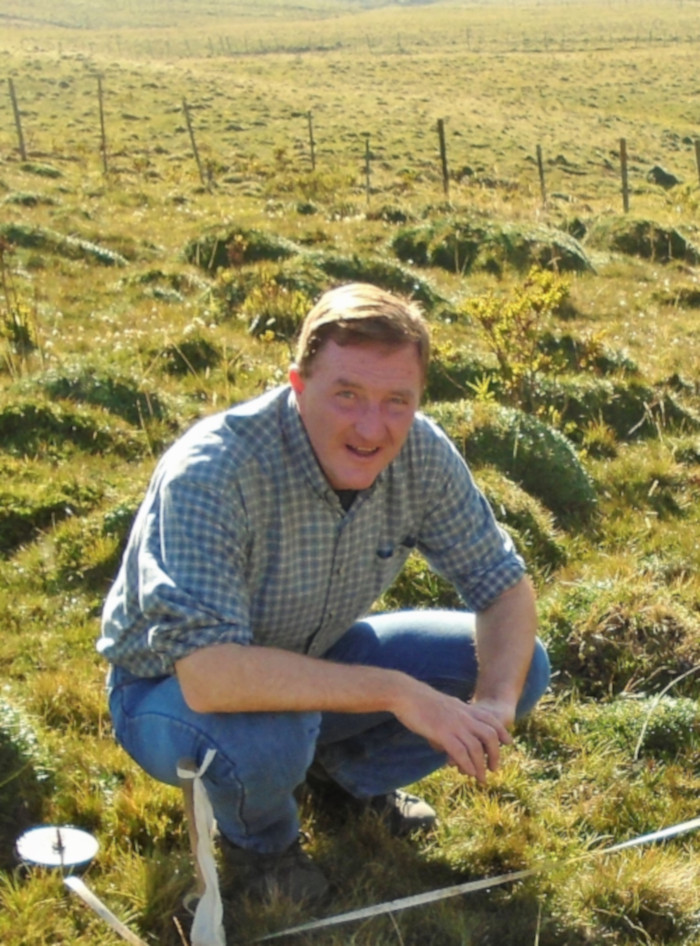




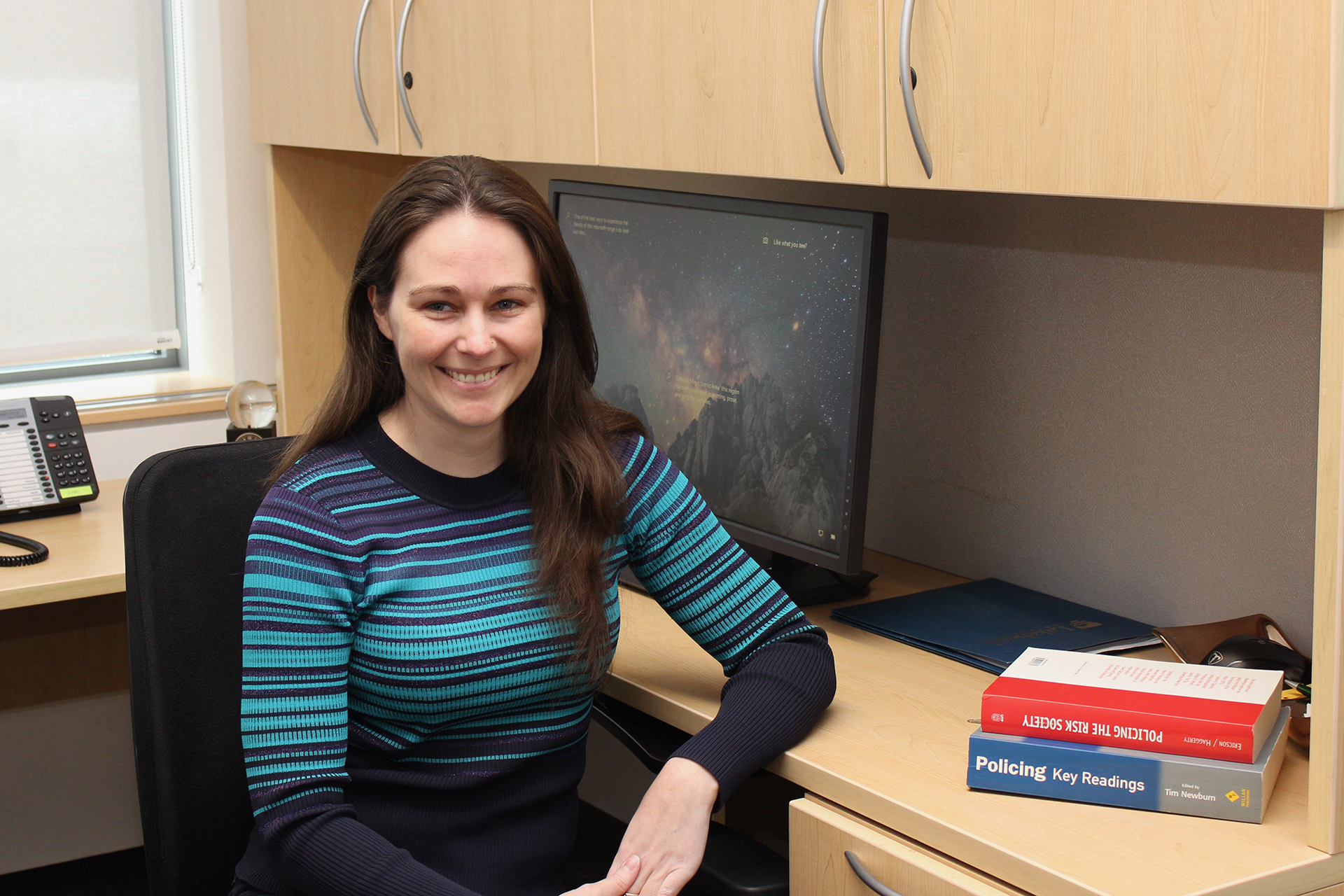
 Dr. Dean Jobin-Bevans, Principal of Lakehead Orillia, and Rebecca Heffernan,
Dr. Dean Jobin-Bevans, Principal of Lakehead Orillia, and Rebecca Heffernan, 